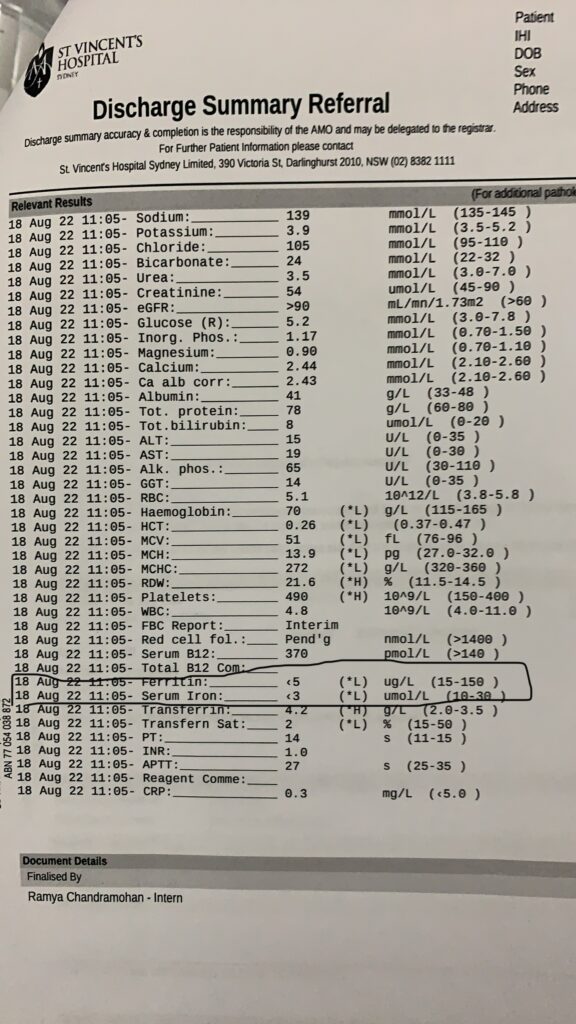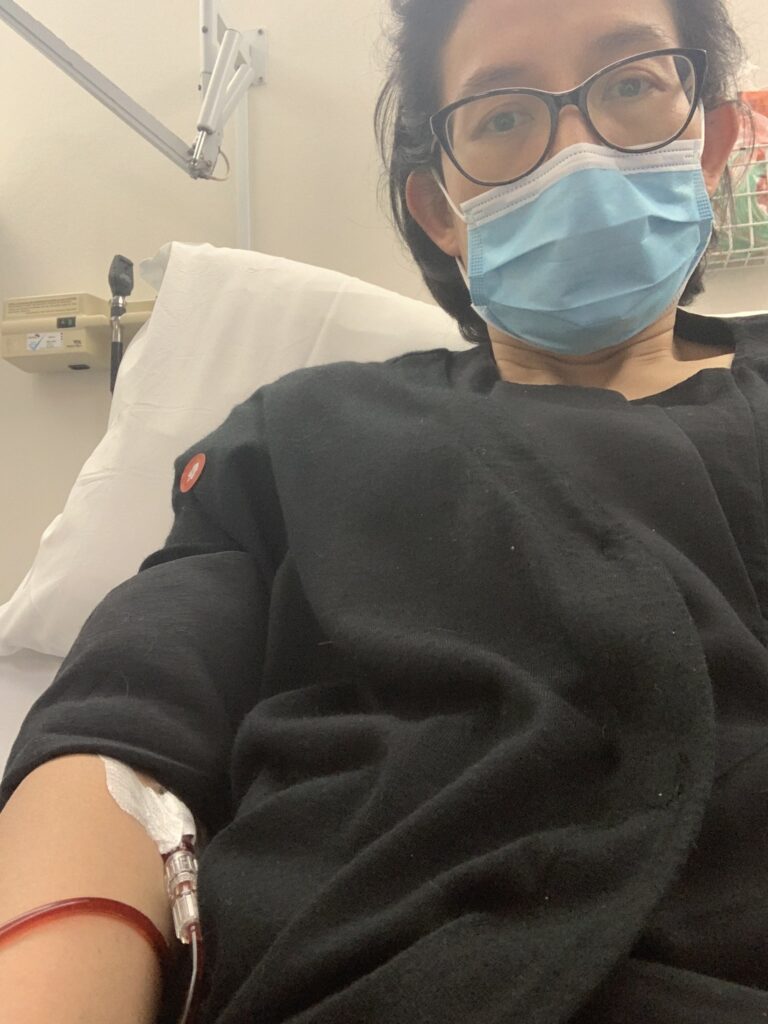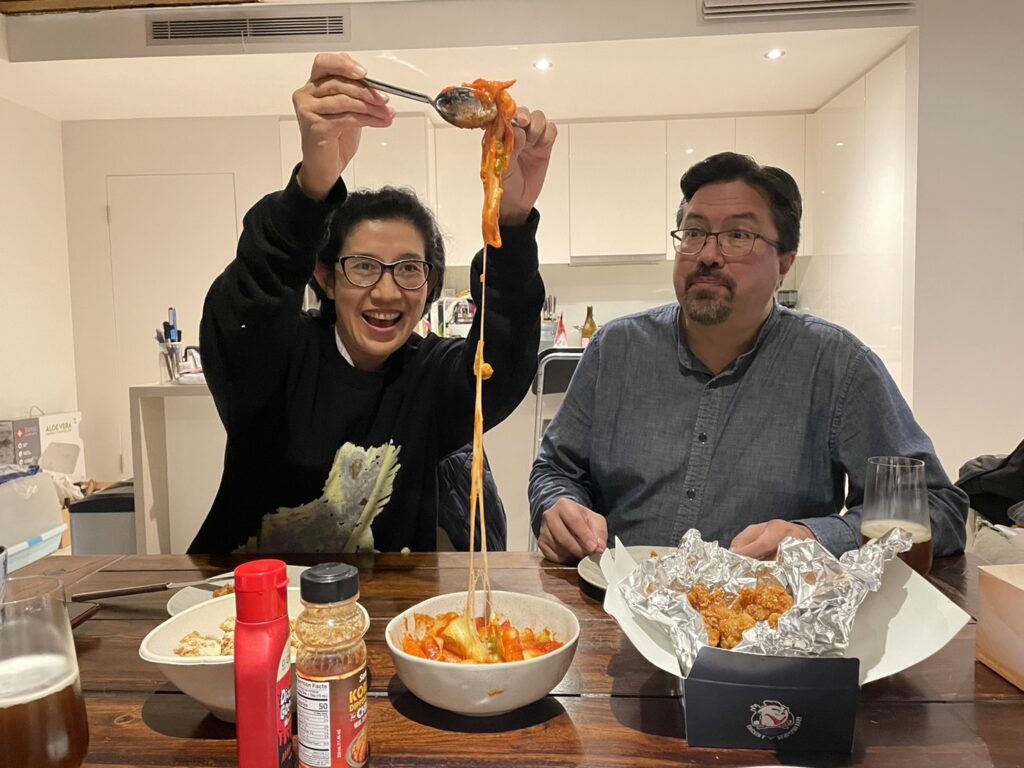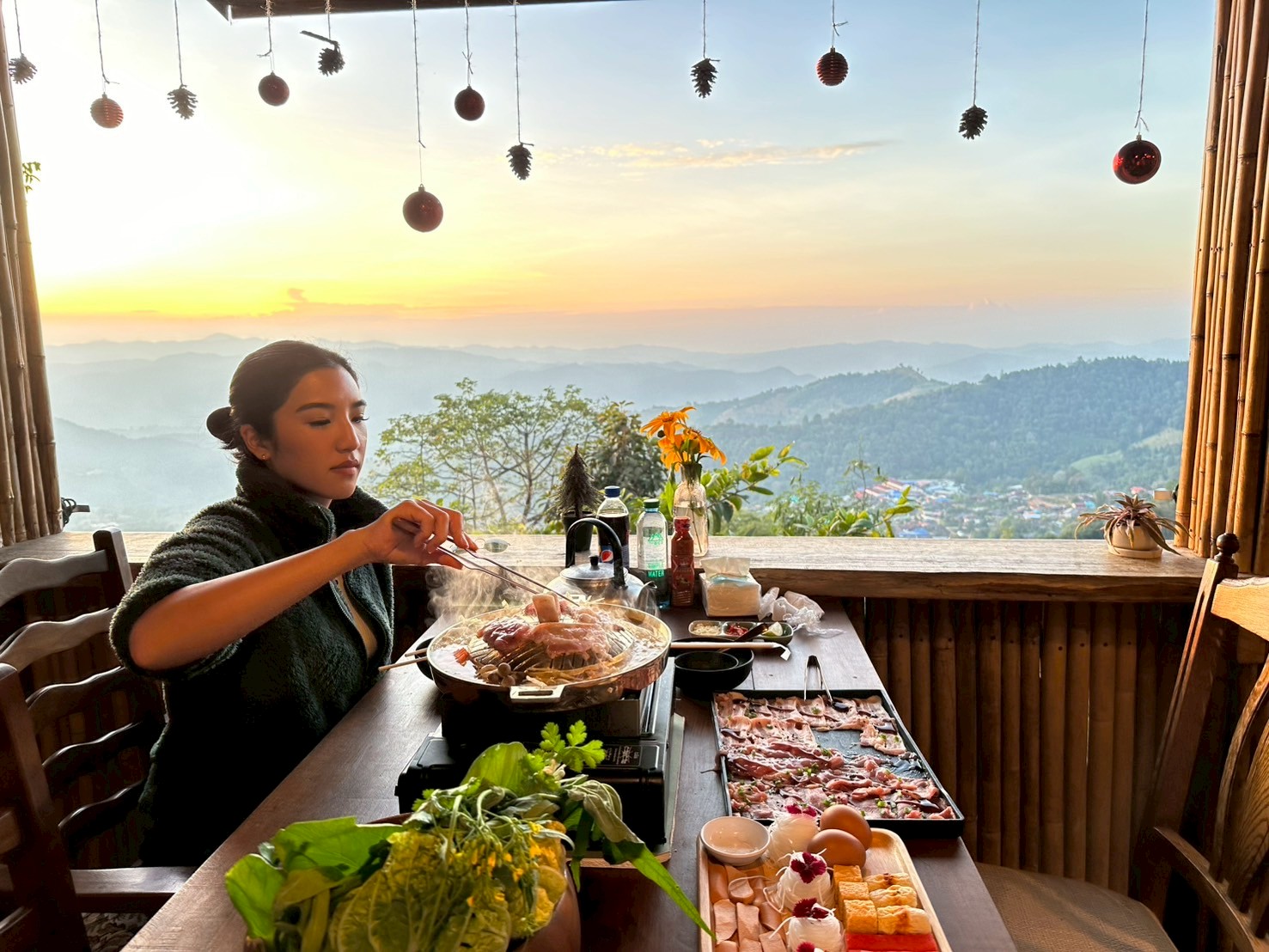How to Nourish Your Body and Soul—At Home and on the Road
We live in a world where meals are often rushed, eaten on the go, or consumed while scrolling through our phones or watching TV. The simple act of eating has become something we rarely give our full attention to. But what if we slowed down? What if eating wasn’t just about fuelling our bodies—but also nourishing our minds and reconnecting with the present moment?

What Is Mindful Eating?
At its core, mindful eating is about paying attention. It means using all your senses to fully experience your food—from how it looks and smells, to how it tastes, how it makes you feel, and even how it’s prepared and where its ingredients come from.
It’s not about counting calories or cutting out certain foods. There are no strict rules. Mindful eating is about developing a conscious and compassionate relationship with food—one that helps us break free from autopilot habits, emotions and reconnect with what our bodies truly need.
And when we travel, this approach to eating becomes even more meaningful. Whether it’s slowly savouring a street snack in Bangkok or learning the story behind a farm-to-table dish in Phuket, mindful eating invites us to be present, curious, and connected to the cultures we explore.
Why Mindful Eating Matters
Mindful eating is often linked to weight management—and yes, it can help you make more nourishing choices. But its benefits go far deeper. When we eat with awareness, we tend to chew more thoroughly, honour our hunger and fullness cues, and support our digestion.
Research shows that mindful eating can also:
- Improve gut health
- Regulate blood sugar
- Reduce bloating
- Strengthen the immune system
- Lower stress levels
Ultimately, it’s not just about what we eat—it’s about how we eat. And when we eat mindfully, we support our bodies in doing what they naturally do best: heal, restore, and thrive.
My Personal Journey Toward Mindful Eating
I used to take my health for granted—until I was diagnosed with severe anemia. On my birthday in 2022, what started as a visit to donate blood at the Red Cross turned into a shocking discovery: I was the one who needed blood.


That diagnosis led to three surgeries, an iron infusion, and a blood transfusion. Since then, regular health check-ups have become non-negotiable for me—both in Australia and Thailand.
I began listening to my doctors, but I also took inspiration from people whose lives transformed after changing their eating habits. My check-ups revealed more than just anemia: I also had fibroids and cysts, which eventually led to a hysterectomy. And I had other health issues of concern too …
After that major surgery, I knew I had to take better care of myself. I still crave the occasional unhealthy food (who doesn’t?), and often I eat more than I need—but the food I put into my body now is a lot more nourishing.
Another shift came with the rising cost of living. These days, I try to buy fresh, seasonal produce, read food labels to understand where items are made and what they are made of. My husband also started watching his weight, so we now check the calories and fat content together.
The result? My latest blood tests were perfect. I feel lighter, less bloated, and more in control. Another benefit is less food waste—and that makes me feel good, too.


How to Eat Mindfully While Travelling
Travelling often means breaking routines—and that’s part of the joy! We try new foods, eat at odd hours, and sometimes indulge more than usual. But mindful eating doesn’t have to disappear when you’re on the road. Here are some simple ways to practise it wherever you go:
1. Slow Down and Engage All Your Senses
Take a breath before your first bite. Appreciate the aroma, colours, and textures. Don’t rush but give your body time to truly enjoy the meal and really taste each bite.
2. Honour Your Hunger and Fullness
Travel can throw your eating patterns off. Tune in—eat when you’re hungry and stop when you’re comfortably full. I know it’s not easy, especially when you are in Thailand. But it’s good for you.
3. Be Curious, Not Judgmental
Don’t label foods as “good” or “bad.” Instead, approach meals with curiosity. Ask about the ingredients, learn how it’s made, and appreciate the cultural story behind it.
4. Limit Distractions
Try not to eat while scrolling through your mobile phone or rushing to your next activity. Even a few minutes of focused eating can transform your meal.
5. Practise Gratitude
Take a moment to reflect on where your food came from—who grew it, who prepared it, who served it. Gratitude naturally enhances mindfulness. Thanks to my nanny who always reminded me to appreciate my good life, not to waste food and always share whatever I have with others.
6. Embrace Local Food Traditions
Join a cooking class, explore local markets, observe traditional eating customs, or share a meal with locals. Eating mindfully also means respecting and learning from the culture behind the local cuisine.

Final Thoughts
In our high-stress society, many people turn to food for comfort. (I still do sometimes.) This habit can quickly develop into an unhealthy pattern of stress eating. Mindful eating isn’t about perfection—it’s about awareness, presence, and gratitude. Whether you’re enjoying a meal at home or discovering food in a new city, it’s an opportunity to slow down, connect, and nourish your body in a more meaningful way. It’s alright to eat your favourite unhealthy food every now and then, just not too often. The byproducts? Better health and less food waste.
So, after all, mindful eating is not only good for you—it’s good for the planet, too.
Start with just one mindful bite—and see where it takes you.

Leave a Reply